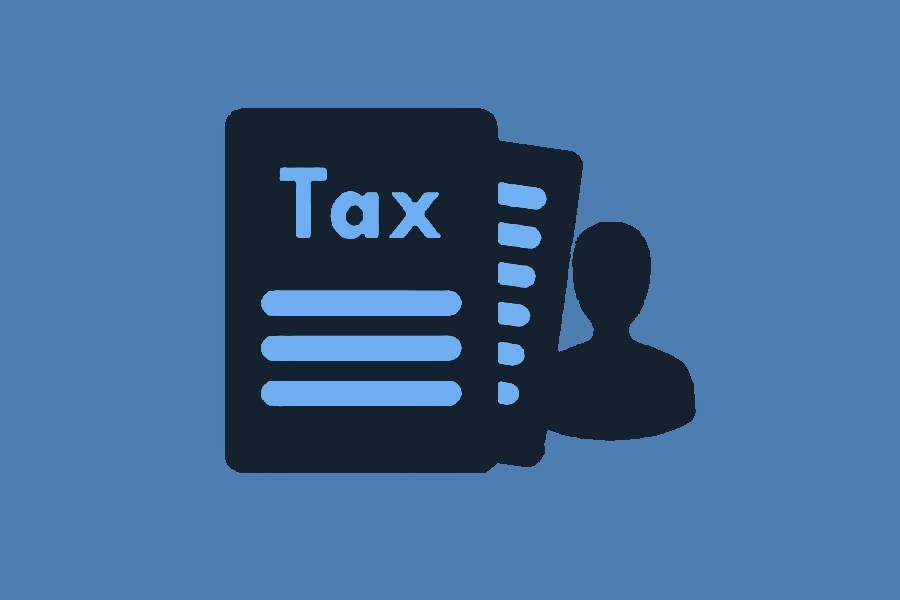Economic affairs adviser to the Prime Minister Dr Masihur Rahman on Wednesday said health spending by Bangladeshi nationals abroad should be taxed to develop the country's healthcare facilities.
"Had one spent money in the country, the country would have benefited. If he or she spends abroad, the country doesn't benefit, so taxing consumption spending abroad should be considered," he said.
He made the comments while speaking as the chief guest at a webinar on "Impact of Covid-19 Pandemic on Bangladesh: Options for Building Resilience," organised by the Bangladesh Institute of International and Strategic Studies (BIISS).
"Many of us go abroad for health treatment, the government can't stop it, stopping overseas treatment will be inhuman," he said.
But the country has the right to have part of health spending abroad as it is not taxed as consumption spending. There is a way to get it.
He said some Bangladeshis nowadays go to India, Thailand, Singapore and other countries for treatment.
He said these countries have developed the health value chain and invested a lot.
Mr Rahman said if the country opens up the country's health sector and invests significantly, the country would benefit.
The adviser said the private healthcare sector provides around 65 per cent medicare services.
He said the private healthcare facilities that do not have licences should not be shut down.
A more feasible and effective way would be to conduct an inspection and find faults in the private hospitals and fine them so that the facilities can legalise their operations.
He said if the government shuts down those private healthcare facilities for not having a mere licence it would mean depriving 65 per cent people of life-saving services.
The government shouldn't do that, because it has no capacity to provide healthcare to 100 per cent people.
He said the private sector hospitals developed a lot and if they can keep the momentum, the country's healthcare facilities will be as equal to the global health value chain.
The adviser admitted small and medium enterprises do not get the share of the stimulus package.
The adviser said banks should provide more amount of loans to SMEs as they create more employment than those of larger industries and firms.
He said foreign loans should not be considered a foreign direct investment as such inflow has liabilities on the country.
He also stressed the need for restructuring export incentives in different sectors.
Prof Mustafizur Rahman, distinguished fellow of the Centre for Policy Dialogue, delivered the speech on 'Domestic Market and International Trade' and Dr Sayema Haque Bidisha, Department of Economics of the University of Dhaka presented a paper on 'Poverty and Social Security'.
The speakers said undertaking multiple policy initiatives focused on the economic and social recovery becomes essential.
They said the government has accommodated a wide range of policy actions, including stimulus packages and plans to create a resilient economy.
The speakers highlighted that in the era of hyper-connectivity, an unprecedented Covid-19 pandemic brought the life to a standstill around the globe, disrupting trade and economy.
M Fazlul Karim, chairman of BIISS, chaired the webinar.
Emdad Ul Bari, director-general of BIISS, delivered the welcome address.


